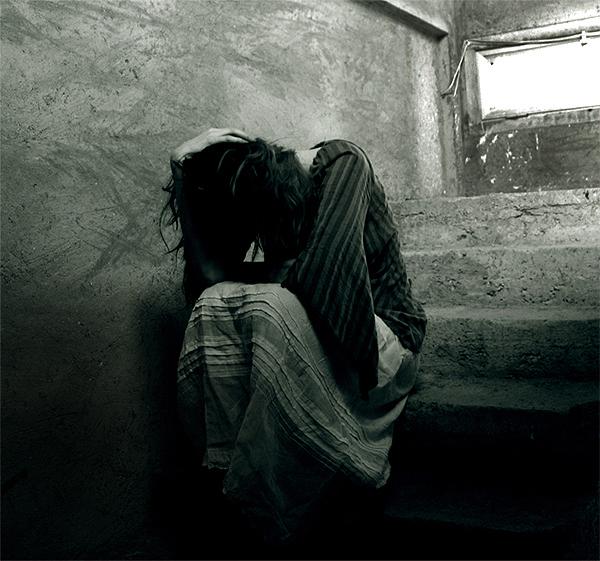Put Your Hand to the Plow
/We all know what that means, right? Work hard. Accept the task. Keep going and don’t shirk your duties. Get that hand on there and don’t quit until the job’s done. Certainly, it sounds right and in line with all the other voices we hear.
But then we have what Jesus said: “No one who puts his hand to the plow and looks back is fit for the kingdom of God”(Luke 9:62).
Wow. That’s rough. I can’t look back? I can’t see from where I’ve come? If I focus on the past, or the things behind me, I won’t be fit for the kingdom?
I am no theologian, so this might teeter on heresy, and I’m sure many Bible scholars have a better explanation than I do, but I love life lessons and this is what I’ve been thinking about.
Every cowboy knows that when you’re on a horse, you don’t set your eyes on where the horse is taking you. He isn’t the leader, you are. He doesn’t direct the course, you do. So, rather than put your eyes on where the horse is going, you set them on where you want to go. If you want to go left, before you even touch the reins or the spurs, you look left. You fix your eyes on where you desire to be and somehow, miraculously, you communicate that simple direction through your hands, through your legs, through your seat—and the horse knows. He understands where he is supposed to go. You’ve become his eyes. And the path has purpose.
Now, I imagine it’s the same with the oxen, though I’m not a farmer. This idea of putting your hand to the plow and not looking back, I don’t think means never quit. Although that’s good too. But rather, don’t turn to concentrate on what’s behind. What you might have missed. What you might have forgotten, or even buried. You see, it isn’t necessarily bad to look back now and again. To remember. But when we look behind for any length of time, when we focus over our shoulder and away from the end goal, the oxen choose where to go. And, trust me, they’d end up back at the barn before you knew what happened.
Perhaps the farmer looks up to see the thunderclouds and worries about the storm. Or to the side to see his neighbor has outdone him once more. Or to the ground, to the soil and the minerals he lacks to grow the finest wheat. Maybe this is the idea. Maybe when his focus is askew and the row is set off course, a zig-zag missing its purpose, the field becomes unfit to plant. Not suitable for producing much fruit.
The direction has changed. He pulls off course and heads where he never intended to go.
And suddenly he’s lost his way.
The zig-zag can have many faces. Fame. Success. Regret. Doubt. Fear. All temptations to throw us off course. To tap us on the shoulder and turn our head so our potential for the kingdom heads to the barn.
Maybe putting our hands to the plow doesn’t mean we don’t quit, but that we lock our eyes front and center, with the purpose for which we were made: “…that you may proclaim the excellencies of Him who has called you out of darkness into His marvelous light” (1 Peter 2:9).
And maybe when our eyes are on Him, we leave a trail fit for the kingdom.






















